How to set up an IT Delivery Center in India

Five years ago I took a flight to India, got an accountant, hired an office space in a tech park, invited friends to a meeting in the Hilton board room and signed employment contracts. This won’t work that easy nowadays. But how to get it going today?
I would like to share with you my lessons learned on my successful company’s path in India:
1. Have a (offshore) strategy
The management needs to be convinced that India, as the world’s #1 IT hub, is the place to be. With plenty of talent, which you cannot find in Germany these days. Also with great IT-infrastructure and political stability. Also a government, which does not interfere with your business, but supports you improving it.
2. Think big – start small
Dedicate a hand-picked local employees to head the transition project and guide the – future – India team. Define your objectives and put them on a timeline. Select a consulting company like OPTANIUM to get people. Target to start with a small team within six months.
3. Set the financial expectations right
Do expect great savings, but plan for a proper ramp-up time. Many projects fail because of too high expectations within a year. Ask the management for enough time to get into a flow. Rome was not built in a day, but finally became an empire. Do things right, and do not repeat your mistakes.
4. Get the contracts straight
Best to ask a local company in India to hire and host your people, ideally one with a German presence. So you can contract the German entity and apply German law, while getting all benefits from the Indian entity in terms of skills and cheap labor. There are a few, like OPTANIUM.
5. Don’t fall for body leasers
Don’t make the mistake and get individuals from a body leaser. Find a reliable, established manager, committed with “heart & soul” and dedicated to your team members. Without a proper management structure in India, your best effort will fail. Guaranteed. Without. Any. Doubt.
6. Establish a distinguishing feature
Me-too companies do not attract skilled people. You want to be special to spark the fire within the hearts of your local talents. You need to own something others don’t have. A German presence, great technology, extras like a rental car on the weekend, participation in the company’s ebit, you name it.
7. Do away with payroll, accounting and legal
Find support to clear all regulatory hurdles for you. Outsource all no-profit-generating tasks to a local contractor with good connections to the government and local bodies. Ensure to track the results. Enforce your code of ethics and business.
8. Foster exchange
Bridge cultural gaps. Make sure your employees from both countries visit and get to know each other. During projects, for sales- and shareholder meetings, through team events and public holidays. Listen to your local team and promote their and your values and thoughts. Be open and honest, respect everyone’s opinion.
9. Two way habits
Be sure to apply the right set of customs depending on your location. Use indirect speech in India, more direct speech in Germany, do not lean on cars in Germany and do use Uber on Indian streets. Never negate your values, always follow your inner compass and get things done.
10. Be patient with the local bodies
Establishing an office in India takes weeks, not days. A Pvt. Ltd. (GmbH) registration takes up to eleven months, a new internet connection, a PAN card and a CIN, AoAs, MoAs much longer. Whenever you think you have accomplished a task, something new comes up – often unpredictable. Be patient and accept the challenge.
Conclusion
In terms of IT India is the best place to be. I dare to predict this will still apply for many more years. Looking at the shortage of resources (skills) in Germany, my advice for you is: Leverage Indian talent! Hire a service company to enhance your goals. Find the one company, which fulfills its promises. Good luck!
What are your thoughts and experiences? Let’s get in touch and exchange them.
Author: Marcel Nebel, Optanium GmbH
Picture: iStock.com
Besuchen Sie mich im Sozialen Netzwerk.
Publikation
Neueste Podcast Episoden
Episode 02/23 Wisdom Workshop: Sustainability – Cradle to Cradle with Heike Petersen Cunza (German)
With Wellicious, Heike has developed a brand for yoga clothing that focuses on honest and traceable sustainability. We talk about her path to becoming self-employed, which inner and outer processes the mother of three has gone through and which hurdles there are in building a sustainable brand. In this interview, we look at different aspects that are necessary to be able to grasp the complexity behind it. Thank you Heike, for this valuable interview, from which companies, suppliers and consumers can learn.
Pixabay Image by Gert Altmann
Episode 01/23 Wisdom Workshop: SCRUM in Intercultural Teams with Elisabeth Tieben (German)
What is Scrum? How can agile work be well designed in an international context? What are the challenges of agile working in a team that is collectivistic and hierarchical on the one hand and individualistic on the other? The independent systemic consultant, Elisabeth Tieben, has gained over 12 years of experience in agile project teams as an employed product manager, before she started her own business in 2022. I talk with her about the questions above.
Have fun listening to our conversation.
Episode 01/22: Daniela Sarrazin interviews me about “Endure and Trust” (German)
The first podcast this year, and this time I am interviewed by Daniela Sarrazin. Daniela describes the content in her introduction as follows: “In today’s podcast I get to have a wonderful, almost philosophical conversation with Purvi-Shah-Paulini. In it, we are talking about “enduring and trusting”. With a wonderful lightness, we address the topics of “enduring what is”; what “the” process of change does to us”; “trusting myself”; “accepting what my counterpart is all about”; “trusting your own life”; and ultimately, “believing that everything will be okay.””
Thank you, Daniela, for the lightness in this interview. I really enjoyed being on the “other side” for a change.
Episode 14/21: Wisdom Workshop “The Hayden Model” Interview with Julia Hayden (Interview in German)
“What are chakras in Hinduism are wheels in Taoism, for example, are plexus in popular medicine and spheres of the tree of life in Kabbalah. What in TCM is QI, we know in the West as breath or body fluids, the Vedas call it Prana. And in Japanese medicine the syllable “ki” in the word Reiki corresponds exactly to this life energy.
What in Hinduism are koshas, in conventional medicine are described as biosocial effect chains, and in Kabbalah teachings are levels of worlds.” From the manual The Hayden Model by Julia Hayden.
The Hayden Model serves as a facilitating toolbox to get closer to your inherent wisdom and power for self healing. It combines in a simple way, Western conventional medicine with Traditional Chinese Medicine, with Jewish Kabbalah teachings, with Vedic philosophy from India, with your own knowledge.
The teaching cards explain in their simplicity through pictures and words the interaction of all levels of your being. They are very specific to use, adapted to the particular body, practical to implement, easy to understand and simple to use.
Episode 13/21: The Wisdom Workshop on “Experiencing Leadership with Horse Coaching” Interview with Claudia Ahl (Interview in German)
“My vision is to create a humane environment for doctors, medical professionals and patients where health and healing can take place.”-Claudia Ahl
For 20 years now, Claudia Ahl’s heartfelt desire has been to help people develop their greatest potential and integrate it into their lives. For more than three years she has been applying her knowledge mainly for medical practices and clinics.
Together with her cooperation partners, Claudia has developed holistic solutions for the medical field that solve the main bottlenecks of personnel, structures and leadership issues. What can you learn from horses about leadership? Listen in.

